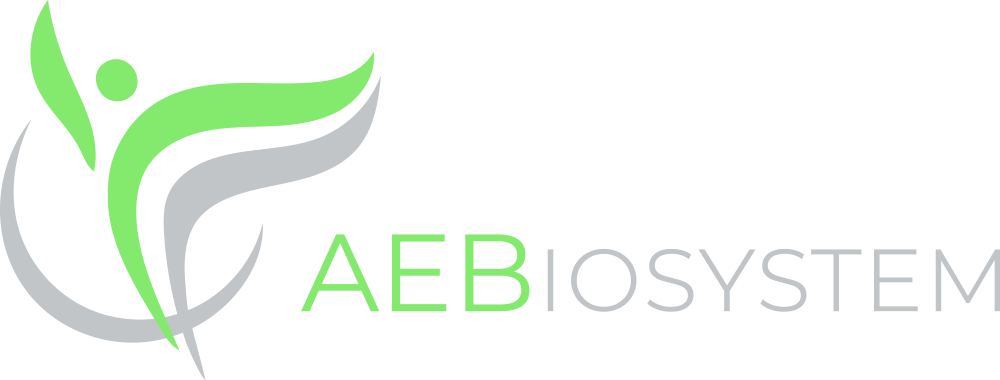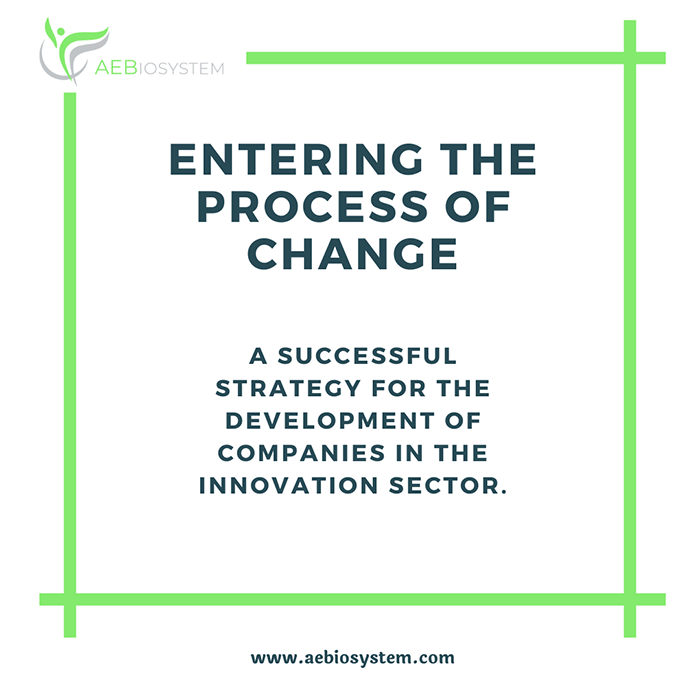On Monday, February 6, 2023 Advanced Electronic Biosystem participated in the Digital Meeting “Health Technology Assesment, New Market Access Strategies for SMEs and Startups in the Pharmaceutical and Biomedical Sector,” organized by Lazio Innova S.p.A.
The meeting involved innovative startups and SMEs in the pharmaceutical and biomedical sector interested in learning about technological innovation in health care. The webinar explained recent regulatory developments at both the European and national level. Regulations that have marked a decisive change of pace regarding procedures and requirements that health technologies (drugs, medical devices, software) must have in the coming years in order for them to comply with new EU technical requirements. Requirements necessary to meet the needs of the NHS and the needs of the market.
We witnessed speeches from experts in the field who explained the regulations, pointing out where to direct investment in research and development. Among them:
– Eng. Laura Tassinari Zugni Tauro, Director of Internationalization and Cluster – Lazio Innova
– Dr. Marco Marchetti, Director UO HTA, National Agency for Regional Health Services (AGENAS) and co-chair of the Member State Coordination Group on Health Technology required by Regulation (EU) 2021/2282 on HTA, European Commission
– Dr. Federico Villa – associate VP Corporate Affairs and PA, Eli Lilly Italia S.p.A
– Dr. Irene Colangelo, Health Economics and Reimbursement Manager – Abbott Medical Italia
The entry into force of the new European Regulation on HTA (EU 2021/2282) and the national implementation of Legislative Decrees 137/2022 and 138/2022, configure a system in which medical devices can easily enter the market. The HTA Regulation EU 2021/2282 provides for, with progressive application and full operation from January 2030:
– Joint Clinical Assessments (JCAs);
– Joint Clinical Consultations (JSCs);
– Identifications of emerging health technologies;
– Continuation of voluntary cooperation on other technologies not covered by regulation and non-clinical domains.
HTA is therefore a multidimensional, multidisciplinary approach to analyzing the medical-clinical, social, organizational, economic, ethical, and legal implications of a technology by assessing multiple dimensions such as efficacy, safety, cost, and social-organizational impact. It analyzes the actual and/or potential effects of the technology, both a priori and throughout its life cycle, as well as the consequences that the introduction or exclusion of an intervention has for the health care system, the economy, and society.
Recent moves to reduce public health spending require a greater focus on allocating resources to health technologies (medical devices, major equipment, procedures, and organizational and management models) that demonstrate an appropriate cost-benefit ratio.
The Regulations led to the development of proposals for a new national governance of medical devices. Legislative Decrees 137/2022 and 138/2022, contain provisions for the adaptation of national legislation to the provisions of Regulation (EU) 2017/745 (on medical devices) and those of Regulation (EU) 2017/746 (on in vitro diagnostic medical devices), and identifies objectives, conditions, and spillovers for health technology assessment. At the national level, also in relation to changes at the European level, they change:
– How technologies (especially medical devices) are evaluated and reimbursed: less regional variability and more uniform approach at the national and European levels;
– Greater clarity on what will be defined as technologies that bring value and therefore have easier access to the market;
– Greater clarity on what is defined as value: level of effectiveness, type of buyer, type of outcome, cost to the National Health Service.
The Ministry of Health promotes the implementation of the National HTA Program in order to ensure the coordinated action of national, regional and corporate levels for the governance of medical device consumption and to ensure that NHS decision-making processes are informed by scientific evidence on the potential clinical, organizational, economic, social, legal and ethical impact of the introduction of health technologies into clinical practice. The need for the introduction of specific classifications and conditions of purchase at the expense of the NHS for the use of medical devices subsequent to their commercialization is recognized.
This can represent a great opportunity for companies involved in technological innovation in health care. Knowing what characteristics healthcare technologies will need to meet and what the market access processes will be can guide R&D investments. Entering the process of change can be a successful strategy for the development of companies in the innovation sector.

